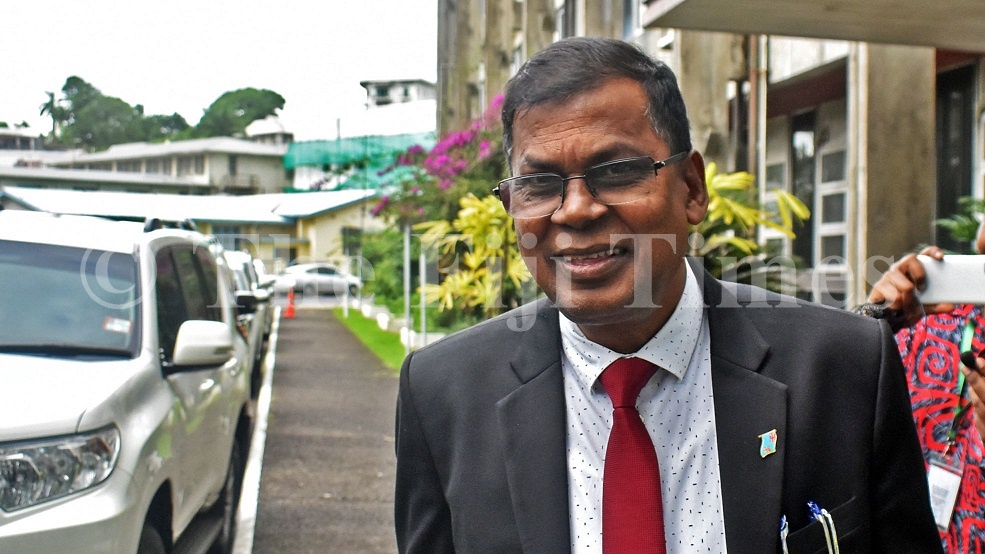More than $20 million pumped in by the previous administration to establish 29 technical colleges across the country only to shut them down is a good example of wastage, says Deputy Prime Minister Professor Biman Prasad.
The Finance Minister said the Coalition Government was facing a huge challenge, with the large number of skilled Fijians moving to Australia and New Zealand for greener pastures.
Prof Prasad said in a bid to address the issue, they wanted to support existing or new institutions that would be able to train people quickly and put them in the job market.
“The problem has been exacerbated by the fact that more people are leaving, there are more opportunities in Australia, New Zealand, given the post-COVID demand for labour in those countries,” he said.
“But there were also legacy issues because of the failure of technical colleges that have already happened where we pumped in more than $20 million dollars. That’s a good example of wastage.
“And so what the Government is planning to do is to support institutions, and they could be new ones, undertaking short-term, medium term — and in the short-term, we want to train more people, provide them with competency-based training — so that we can put them into the labour market as quickly as possible.
“So there would be a combination of strategies. “While looking at the offerings in the area of technical and vocational education, we are also looking at how we can immediately train more people. As I said earlier, competency-based training.
“In other words, how you can train people for very simple skills like painting, for example, or tile laying or areas such as that, which is in short supply now.”
He said the Coalition Government was determined to address the issue and was in talks with development partners.
“So that is a huge challenge, and the government is determined to do things in the short-term, but also lay a plan in the medium term so that we can systematically address these issues.
“There are, of course, broader issues that we will be discussing with our development partners because a lot of these very skilled people are leaving for Australia, New Zealand.
“And so, we are training them and obviously Australia, New Zealand are able to benefit from that and I think that is understood by those governments.”




